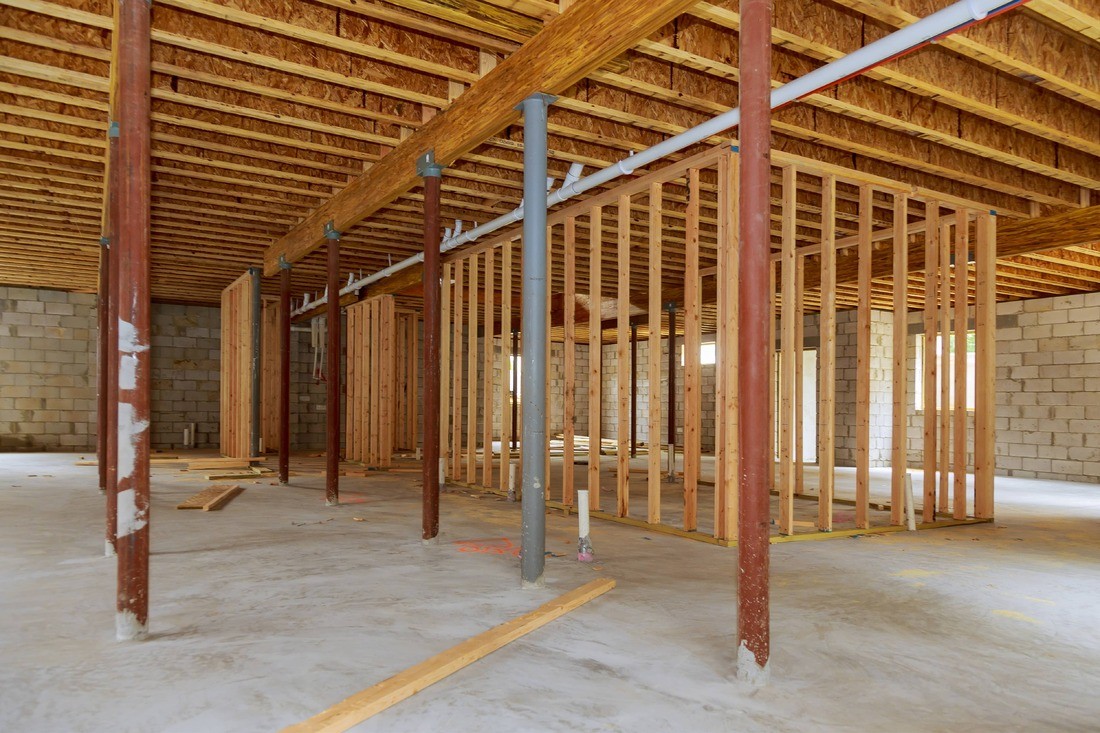
Understanding Basement Drain Systems
A basement drain system plays a crucial role in protecting your home from water damage and preventing basement flooding. Understanding how basement drains work and knowing how to maintain and repair them can help you keep your basement dry and free from water-related issues.
Importance of Basement Drain Systems

Basements are prone to water intrusion due to various reasons, such as heavy rain, snowmelt, burst pipes, or sewage backups. A basement drain system helps manage the excess water by collecting and channeling it away from your home’s foundation. Without a proper drain system, water can seep into your basement, causing significant damage to the foundation, walls, flooring, and belongings.
Types of Basement Drains
There are several types of basement drains commonly used to prevent water damage:
- Floor Drains: Floor drains are typically installed in basements and are designed to collect water that accumulates on the basement floor. They are connected to a pipe system that directs the water away from the house.
- Sump Pumps: Sump pumps are devices that are installed in a pit or sump basin in the basement. They automatically activate when water reaches a certain level and pump it out of the basement to prevent flooding.
- French Drains: French drains consist of a perforated pipe surrounded by gravel or rock. They are installed along the perimeter of the basement foundation to collect groundwater and direct it away from the house.
- Exterior Drainage Systems: Exterior drainage systems involve the installation of pipes and drains around the exterior of the foundation. They help divert water away from the foundation, preventing it from seeping into the basement.
Maintaining and Repairing Basement Drain Systems

Regular maintenance of your basement drain system is essential to ensure its functionality and prevent water damage. Here are some tips for maintaining and repairing basement drains:
- Clean Regularly: Remove any debris, dirt, or sediment that might accumulate in your floor drains or sump pump pit. This will prevent clogs and ensure smooth water flow.
- Inspect for Damage: Regularly check your basement drain system for signs of damage, such as cracks, leaks, or blockages. Address any issues promptly to prevent further damage.
- Test Sump Pump: Test your sump pump regularly to ensure it’s functioning properly. Pour water into the pit and make sure the pump activates and drains the water away.
- Consider Professional Inspection: If you’re unsure about the condition of your basement drain system or if you suspect any problems, it’s advisable to hire a professional to inspect and assess the system. They can identify and address any issues effectively.
By understanding the importance of basement drain systems and taking proper care of them, you can minimize the risk of basement flooding and water damage. Regular maintenance and prompt repairs can save you from costly repairs and potential health hazards associated with mold and mildew growth.
Frequently Asked Questions (FAQ)
What are the common causes of basement flooding?
How can I prevent basement flooding?
For professional basement flooded water damage restoration and cleanup services, contact Water Damage Restoration Pros of Las Vegas. They specialize in restoring properties affected by water damage and offer emergency services for prompt mitigation and repair.


